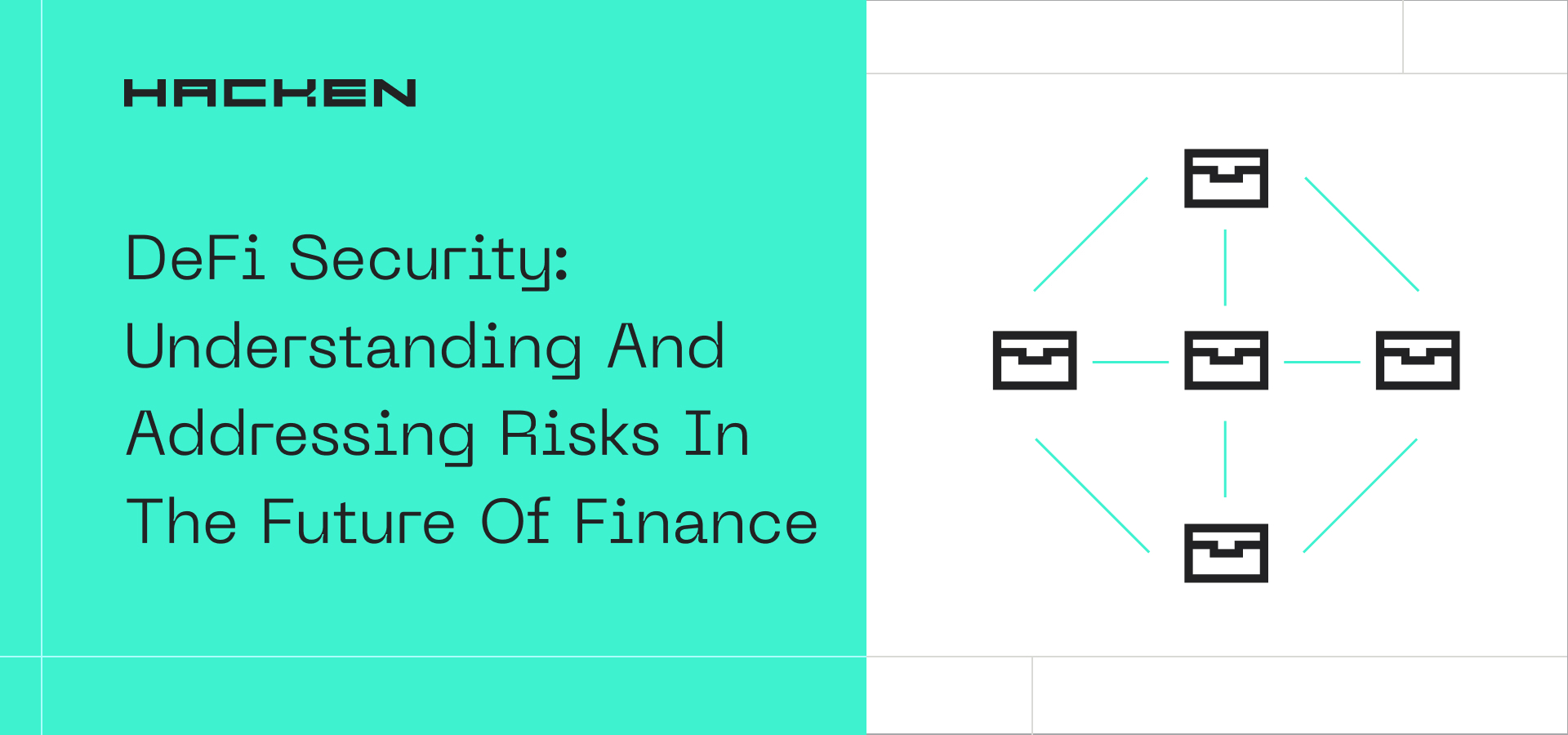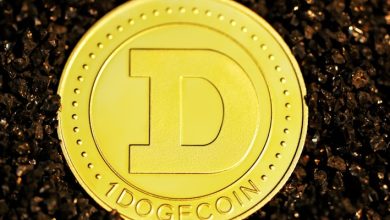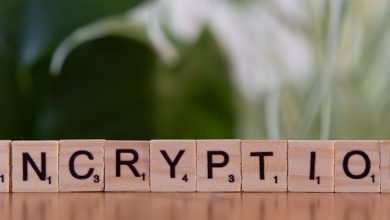Security Risks of DeFi Platforms

- Understanding the DeFi boom and its vulnerabilities
- Exploring the potential threats faced by DeFi platforms
- The rise of DeFi hacks and exploits
- Challenges in securing decentralized finance platforms
- Mitigating risks in the world of decentralized finance
- The importance of security measures in DeFi platforms
Understanding the DeFi boom and its vulnerabilities
Understanding the DeFi boom and its vulnerabilities is crucial for investors and users of decentralized finance platforms. The rise of DeFi has been unprecedented, with billions of dollars locked in various protocols. However, this rapid growth has also exposed vulnerabilities that bad actors can exploit.
One of the main vulnerabilities of DeFi platforms is smart contract bugs. Smart contracts are the backbone of DeFi applications, and any vulnerability in the code can lead to significant financial losses. Hackers have been known to exploit these bugs to drain funds from DeFi platforms, highlighting the importance of thorough code audits and security testing.
Another vulnerability of DeFi platforms is the reliance on centralized price oracles. Price oracles are used to fetch external data, such as asset prices, to execute smart contracts. However, if these oracles are compromised, they can manipulate prices and cause significant disruptions to DeFi protocols.
Furthermore, the composability of DeFi protocols can also pose risks. DeFi platforms often interact with each other, allowing users to stack different protocols to maximize returns. While this interoperability is a key feature of DeFi, it also creates a domino effect where a vulnerability in one protocol can cascade to others.
Overall, understanding the vulnerabilities of DeFi platforms is essential for users to protect their investments and navigate the rapidly evolving landscape of decentralized finance. By staying informed and implementing best practices in security, users can mitigate risks and participate safely in the DeFi ecosystem.
Exploring the potential threats faced by DeFi platforms
When it comes to DeFi platforms, there are various potential threats that users need to be aware of. One of the main concerns is the risk of smart contract vulnerabilities. These vulnerabilities can be exploited by malicious actors to steal funds or manipulate the platform in their favor. Another threat is the risk of decentralized autonomous organizations (DAOs) being targeted by hackers. If a DAO is compromised, it can result in significant financial losses for users.
Furthermore, DeFi platforms are also susceptible to flash loan attacks, where attackers can borrow a large sum of money in a single transaction and manipulate the market to their advantage. Additionally, the lack of regulatory oversight in the DeFi space makes it easier for bad actors to operate without consequences. This lack of regulation also means that users have limited recourse in the event of a security breach.
Overall, it is crucial for users of DeFi platforms to be aware of these potential threats and take necessary precautions to protect their funds. By staying informed and implementing best security practices, users can mitigate the risks associated with using DeFi platforms and safeguard their investments.
The rise of DeFi hacks and exploits
One of the major concerns surrounding DeFi platforms is the rise of hacks and exploits. As the popularity of decentralized finance continues to grow, so does the number of vulnerabilities that hackers can exploit. These vulnerabilities can lead to significant financial losses for users who trust these platforms with their assets.
DeFi hacks and exploits can take many forms, from smart contract vulnerabilities to phishing attacks. Hackers are constantly looking for weaknesses in the code of DeFi platforms to exploit them for their gain. Once a vulnerability is discovered, hackers can drain funds from the platform, leaving users with little to no recourse.
It is essential for users of DeFi platforms to be aware of the security risks involved and take necessary precautions to protect their assets. This includes conducting thorough research on the platform before investing, using secure wallets, and being cautious of any suspicious activity.
Challenges in securing decentralized finance platforms
Securing decentralized finance platforms presents a unique set of challenges due to their decentralized nature. One of the main challenges is the lack of a central authority to oversee security measures, making it difficult to implement consistent security protocols across the platform. This decentralized structure also makes it harder to detect and respond to security breaches in a timely manner.
Another challenge is the smart contracts used in DeFi platforms, which are susceptible to bugs and vulnerabilities that can be exploited by malicious actors. These vulnerabilities can lead to significant financial losses for users if not addressed promptly. Additionally, the interconnected nature of DeFi platforms means that a security breach in one platform can have ripple effects across the entire ecosystem.
Furthermore, the rapid pace of innovation in the DeFi space means that security protocols may not always keep up with the latest threats and vulnerabilities. This can leave platforms exposed to new attack vectors that have not been adequately addressed. Additionally, the lack of regulatory oversight in the DeFi space means that there are fewer safeguards in place to protect users from fraudulent activities.
Mitigating risks in the world of decentralized finance
When it comes to mitigating risks in the world of decentralized finance (DeFi), there are several strategies that users can implement to protect their assets and investments. By being proactive and taking necessary precautions, individuals can minimize the potential threats associated with using DeFi platforms. Here are some key steps to consider:
- Diversification: One of the most effective ways to mitigate risks in DeFi is by diversifying your investments across different platforms and assets. This can help spread out the risk and reduce the impact of any potential security breaches or vulnerabilities.
- Research: Before using a DeFi platform, it is essential to conduct thorough research to understand how it operates, its security measures, and any past incidents of hacks or breaches. This information can help you make informed decisions and choose platforms with a strong track record of security.
- Security measures: Implementing additional security measures such as using hardware wallets, multi-signature wallets, and two-factor authentication can add an extra layer of protection to your assets. These tools can help prevent unauthorized access to your funds.
- Stay informed: Keeping up to date with the latest developments in the DeFi space, including security best practices and emerging threats, is crucial for staying ahead of potential risks. By staying informed, you can adapt your security strategies accordingly.
- Audit smart contracts: Smart contracts are at the core of many DeFi platforms, and vulnerabilities in these contracts can lead to significant losses. Regularly auditing smart contracts and using reputable auditing services can help identify and address any potential security flaws.
By following these strategies and staying vigilant, users can better protect themselves against security risks in the world of decentralized finance. While DeFi offers exciting opportunities for financial innovation, it is essential to prioritize security to safeguard your investments and assets.
The importance of security measures in DeFi platforms
Implementing robust security measures in DeFi platforms is crucial to protect users’ funds and data from potential cyber attacks. By incorporating multi-factor authentication, encryption techniques, and regular security audits, DeFi platforms can significantly reduce the risk of security breaches.
Furthermore, DeFi platforms should prioritize smart contract security to prevent vulnerabilities that could be exploited by malicious actors. Conducting code reviews and penetration testing can help identify and address any weaknesses in the smart contracts before they are deployed.
It is also essential for DeFi platforms to stay informed about the latest security threats and best practices in the industry. By collaborating with security experts and participating in security communities, DeFi platforms can enhance their security posture and better protect their users.



